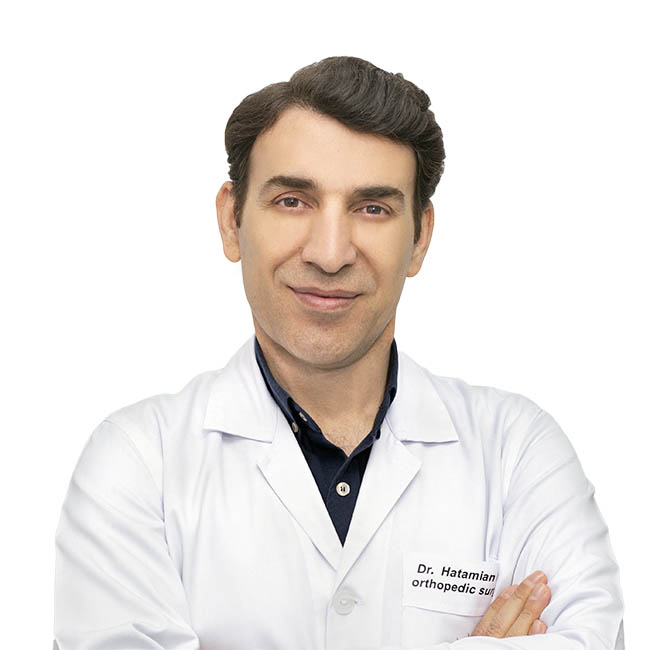Depression
What is the method of treating depression?
The treatment of depression can vary depending on the severity of the symptoms and the individual's specific needs. However, some common treatment options for depression include:
1. Psychotherapy: Psychotherapy, also known as talk therapy, can help individuals to identify and change negative thought patterns and behaviors that may be contributing to their depression. Different types of psychotherapy may be used, such as cognitive-behavioral therapy (CBT), interpersonal therapy (IPT), or psychodynamic therapy.
2. Medications: There are several types of medications that can be used to treat depression, including selective serotonin reuptake inhibitors (SSRIs), serotonin-norepinephrine reuptake inhibitors (SNRIs), and tricyclic antidepressants. These medications should be used under the guidance of a healthcare professional, as they can have side effects and may interact with other medications.
3. Brain stimulation therapies: Brain stimulation therapies such as electroconvulsive therapy (ECT) or transcranial magnetic stimulation (TMS) may be used in cases of severe or treatment-resistant depression.
4. Lifestyle changes: Making lifestyle changes such as getting regular exercise, eating a balanced diet, and practicing stress reduction techniques such as meditation or yoga can help to reduce the symptoms of depression.
It is important to work with a healthcare professional to determine the most appropriate treatment approach for an individual's specific type of depression and medical condition. Additionally, it is important to understand that the effectiveness of treatment may vary depending on the individual and the specific type of depression.
What are the benefits of treating depression and for whom is it recommended?
The benefits of depression treatment can vary depending on the individual's specific needs and the severity of their depression. However, some potential benefits of depression treatment may include:
1. Reduced frequency and severity of depressive symptoms: Depression treatment can help to reduce the frequency and severity of depressive symptoms, which can improve overall quality of life and reduce the impact of depression on daily activities.
2. Improved mental health: Depression treatment can also help to improve mental health by reducing symptoms of depression and anxiety that may be associated with depression.
3. Improved quality of life: Depression treatment can improve overall quality of life by reducing symptoms that interfere with daily activities and social interactions.
4. Reduced risk of complications: Depression treatment can also help to reduce the risk of complications associated with depression, such as substance abuse or suicidal thoughts.
Depression treatment may be recommended for individuals who are experiencing symptoms of depression, such as persistent feelings of sadness, hopelessness, and lethargy. It is important to work with a healthcare professional to determine the most appropriate treatment approach for an individual's specific needs and concerns. Additionally, it is important to understand that the effectiveness of treatment may vary depending on the individual and the severity of their depression.

